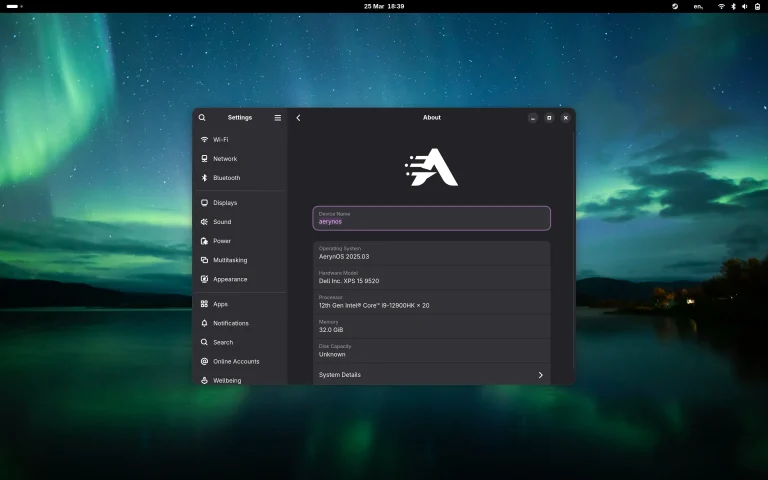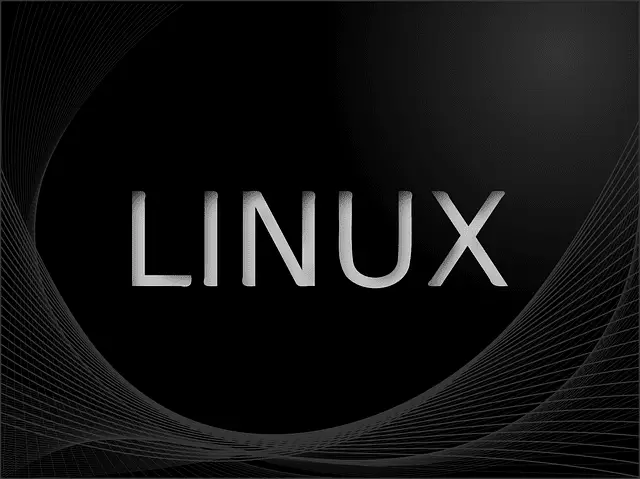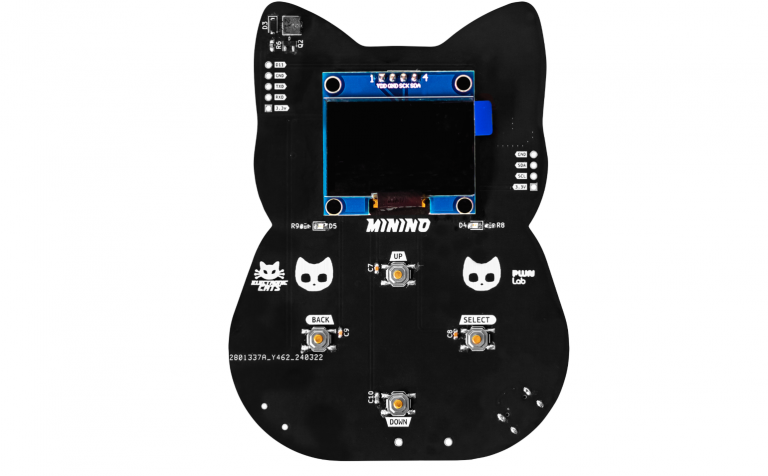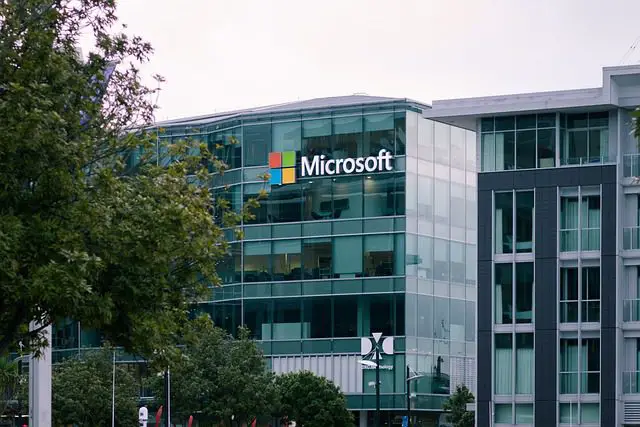
Tensions have once again flared within the Linux kernel development community, this time centering on the Bcachefs file system — a project promoted as a reliable solution that “won’t eat your data.” While disputes within the community are not uncommon, they typically unfold behind the scenes. This occasion, however, proved an exception.
With the release of Linux 6.17, kernel creator Linus Torvalds decided to withdraw support for Bcachefs, citing mounting friction with its developer, Kent Overstreet. Their disagreements, which first surfaced during the Linux 6.16 development cycle, revolved around the manner in which patches and updates were submitted.
Long-standing tensions had simmered between them. Last year, Kent faced criticism after a blunt exchange with kernel memory management developer Michal Hocko. The recent events appear to be a natural continuation of accumulated grievances.
This time, Kent submitted a request to merge a new feature — journal-rewind, designed to enhance data recovery in Bcachefs. The issue arose from the timing: the submission came during the release candidate phase, a period reserved strictly for bug fixes. Linus pointed out that introducing new features at this stage violated established community guidelines.
Veteran kernel maintainer Theodore Ts’o, responsible for ext4, joined the discussion. He warned that Kent’s approach risked introducing regressions, particularly in critical components like journaling. According to Ts’o, adherence to the merge window is paramount, and Linus is tasked with upholding these boundaries.
Kent countered by asserting that rules should not be treated as absolute, especially when safeguarding user data is at stake. He resubmitted the patch, referencing prior instances — such as with XFS and Btrfs — where similar changes were accepted during the release candidate phase.
While Linus ultimately approved the changes, he later announced that Bcachefs would be excluded from Linux 6.17. In an attempt to de-escalate the situation, Kent clarified that he never intended to sideline Linus from the discussion. He affirmed his respect for Linus’s judgment but emphasized that he could not compromise when it came to ensuring data integrity.
Kent also acknowledged that ongoing conflicts hinder meaningful progress and that developers are working under relentless pressure. For now, the saga appears to have reached a standstill. Yet, in the ever-dynamic world of Linux kernel development, the tides can turn swiftly — though one should not expect a quick resolution.






